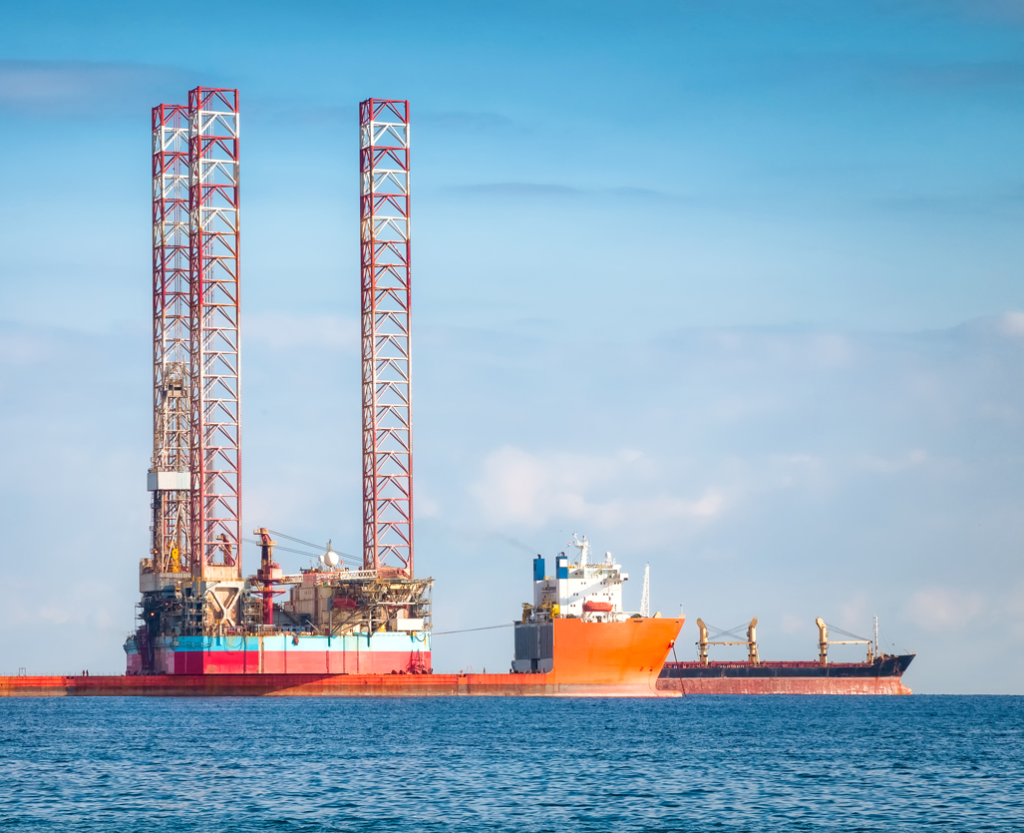- Captain Dave McLean
- +1 910 352 4251
- Worldwide
- CST Year Round
WE OFFER A FULL LINE OF AUDITS AND INSPECTIONS. IF YOU NEED TO PREPARE YOUR VESSEL FOR ANY REGULATORY AUDITS OR INSPECTIONS WE CAN HELP. FLAG STATE, CLASS, MULTIPLE REGULATORY INSPECTION- WE HAVE THE SERVICES YOU NEED. IF YOU ARE A NEW COMPANY STARTING OUT OR AN ESTABLISH COMPANY LOOKING TO INCREASE PROFIT. SHIP AUDIT INTERNATIONAL HAS PROVEN EXPERIENCE IN HELPING CREW, VESSELS AND COMPANIES BE IN COMPLIANCE AND PASS INSPECTIONS. RAPID, ACCURATE, DETAILED REPORTS THAT MAKE A DIFFERENCE AND GET RESULTS.
ISM AUDITS
MLC/AUDITS
ISPS AUDITS
VESSEL SECURITY AUDITS/VESSEL SECURITY ASSESSMENTS
CREATION OF VESSEL SECURITY PLANS
SAFETY AT SEA AUDITS
NAVIGATIONAL AUDITS
PRE-PURCHASE SURVEYS
NAVIGATIONAL AUDITS
PRE-COI AUDITS
PRE USCG COI AUDITS
FLAG STATE INSPECTIONS/ ANNUAL AND PERIODIC INSPECTIONS
REFLAG PROJECTS
PRE-SIRE AUDITS/TANKER VETTINGS
OVID AUDITS
OPERATIONAL AUDITS
VGP AUDITS
INITIAL/ANNUAL/INTERMEDIATE
PRE SHIPYARD REPAIR INSPECTIONS
CARGO EXPEDITOR
ACCIDENT/INCIDENT TOP SET ROOT CAUSE INVESTIGATIONS
OWNER NEW BUILD DELIVERY SURVEY
VOYAGE PLANNING
OPERATIONAL BUDGETING PLANNING OR AUDITS
RISK ASSESSMENT TRAINING
ACCIDENT/INCIDENT TOP SET ROOT CAUSE INVESTIGATION
The International Safety Management Code (ISM) require Shipping Companies to have procedures for conducting both internal and external audits to ensure the ship as well as the shore organization is doing what is documented in the Safety Management System.
Ship Audits International offers certified and experienced ISM Auditors available to perform ISM audits onboard ships.
MLC Audit ensure the vessel in compliant with international CREW LIVING AND WORKING standards.
The International Ship and Port Facility Security Code (ISPS) require Shipping Companies to have procedures for conducting both internal and external audits to ensure the ship is doing what is documented in the Ship Security Plan.
Global terrorism, Piracy and International Conflict, is recognized as a threat to the international shipping industry.
Professional security management practices are considered to be essential if exposure to risks from terrorism, piracy, smuggling, theft, stowaway and other criminal activities are to be reduced.
Ship Audits International has developed a comprehensive range of ship security services designed to assist ship owners, managers and operators meet the ISPS Code Requirements including:
Ship Security Plan Each ship is required to carry a Ship Security Plan approved by the flag state.
The preparation of an effective plan will rest on a thorough assessment of all the issues that relate to the security of the ship. This includes an assessment of the physical and operational characteristics together with the trading routes. Ship Security Assessment One of the requirements from the ISPS Code in Shipboard Security Planning is the onboard Security Survey.
The onboard survey is an integral part of the Ship Security Assessment (SSA). This should examine and evaluate existing shipboard protective measures, procedures and operations, it must be emphasized that the most valuable asset in the protection of the ship is the willing, knowledge, situational awareness and competence of the crew. Creating a ship and crew that is a “hard target” is crucial.
It is a requirement of the ISPS Code that the Company and Ship Security Officer will require adequate knowledge and will have received appropriate security training.
Navigational Audits is a tool to increase the navigational safety standards in a shipping company.
A Navigational Audit is a systematic control of how the Ship Operator’s Navigational procedures are followed. The audit is not to be performed while the vessel is in port.
A Navigational Audit program starts with a discussion between the ship operator and the independent auditor what the outcome of the program should be. Issues that will be discussed can be how many percent of the fleet that will be audited yearly, how the follow up on any findings will be dealt with and the frequency of the audits. Ideally the outcome of the audits will be linked to the operators training program. The training can either take place in a simulator or been carried out onboard during the audits.
The Common Marine Inspection Document (CMID) provides a standard format for inspection of offshore vessels. Its use helps promote safety and efficiency and can help reduce the number of repeat inspections on individual marine vessels.
The inspection should be planned and undertaken in liaison with the vessel owner and should be undertaken by a competent inspector. Vessel charterers and clients may consider the inspection report before commissioning any further inspections.
In 2010 the Oil Companies International Marine Forum (OCIMF) introduced the Offshore Vessel Inspection Database (OVID), which is an Inspection Regime for Offshore Vessels similar to the SIRE Inspection Regime for tank ships.
In the OVID program offshore vessels are vetted against OCIMF’s Offshore Vessel Inspection Questionnaire (OVIQ).
To have good OVID records are important for Off-Shore vessels. Many OVID observations can be avoided by good preparations. To have an external entity visiting the vessel for a pre-inspection a couple of days before an OVID inspection is often a very profitable investment.
The Oil Companies International Marine Forum (OCIMF), the Oil Companies association, introduced their Ship Inspection Report Program (SIRE) in 1993. In the SIRE program tank ships are vetted against OCIMF’s Vessel Inspection Questionnaire (VIQ).
To have good vetting records are important for tank and chemical ships. Many observations can be avoided by good preparations. To have an external entity visiting the vessel for a pre-inspection a couple of days before a SIRE/CDI inspection is often a very profitable investment.

